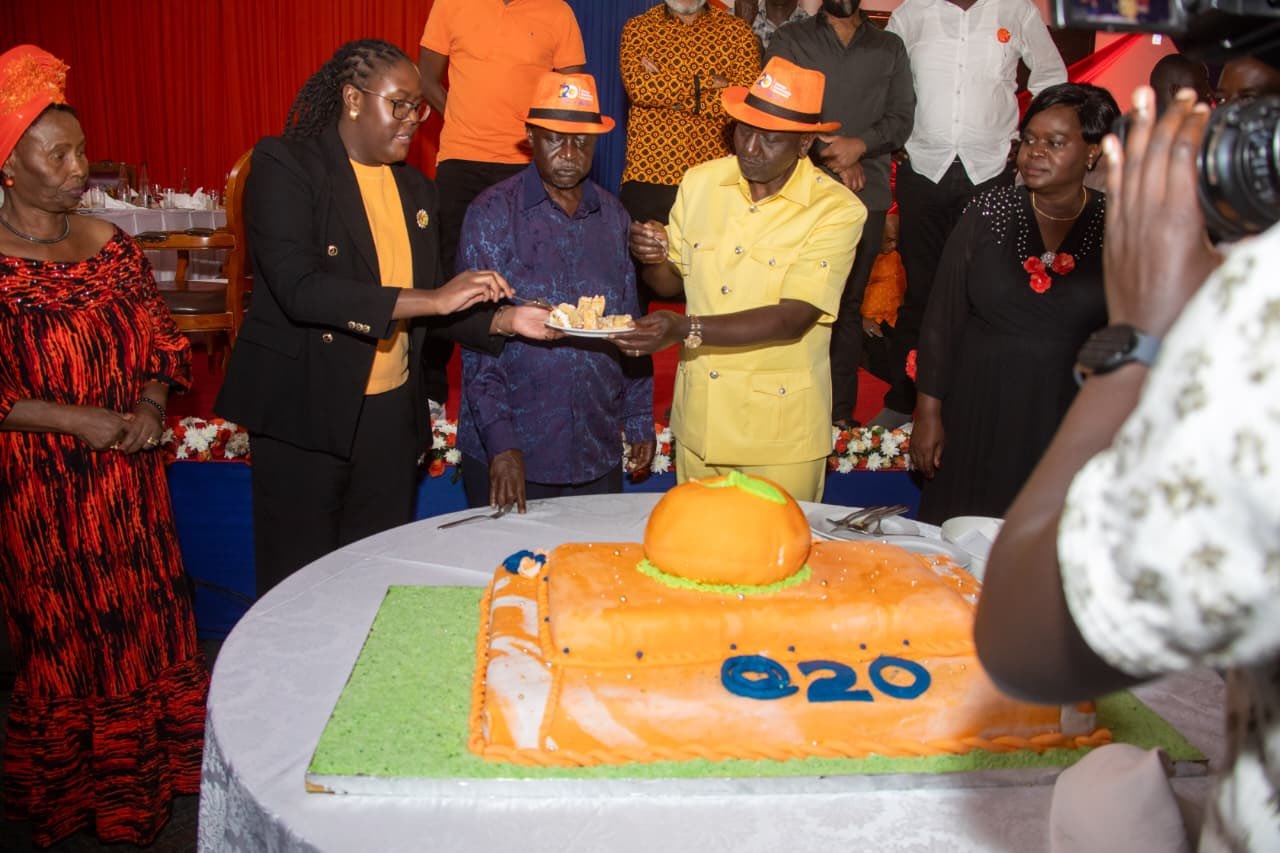As the rainy season commences, farmers in Kangema subcounty, Murang’a, are taking turns to chase monkeys to allow their crops to grow.
Farmers from Iyego area are working with officers from the Kenya Wildlife Service to chase the animals that have been wreaking havoc in the area.
In Thirikwa village on Wednesday, farmers could be seen running from one farm to the other in groups as they gave chase to the monkeys.
Every few minutes, a gunshot would rend the air, causing excitement among the village folk.
The previous day, farmers from Kabiru-ini village had made similar efforts and the animals had run into the neighbouring areas.
They said they have grown tired of living in helplessness and have decided to take matters into their own hands, resolving to chase the animals back into the Aberdare Forest.
Resident George Kibuku said the animals get into the villages in small numbers but soon reproduce and form troops.
They then become unmanageable as they ravage the farms in search of food.
“We’ve been coming together as farmers to chase them away. KWS has a lot of work to do but cannot do it alone,” Kibuku, a resident of Thirikwa village said. He said there is a need for good rapport between affected communities and KWS.
This, he said, will make it possible for the animals to be expelled as soon as they are sighted.
“Even though we have to contend with human-animal conflicts because the forest is not that far, we have to work together to ensure they are managed before they turn into a menace,” he said.
Kibuku contacted KWS and requested help to save his village from imminent hunger.
Njambi Irungu said their farms are now bare after they resolved to stop farming due to the monkey menace.
The animals, she explained, have for the last 10 years been eating avocados, bananas and every other food crop they had on their farms, denying them their source of livelihood.
In her home, Njambi said the animals pluck her avocado fruits from trees near her homestead then perch on her house to eat them.
The animals especially disregard women and are not afraid of them.
“When they see us, they start making strange noises and can’t flinch even when you dress as a man. This is a disrespectful animal,” she added.
Njambi said efforts to fight the animals should be consistent to make their villages unconducive for them.
She said the majority of her village mates have resorted to planting nappier grass, which is the only crop that has been spared.
“They watch us as we plant and immediately we leave, they search for the seeds and eat them, leaving our farms bare,” Njambi said.
And for the few crops that survive, the monkeys pluck the cobs from the maize crops.
They also wait for coffee berries to get ripe and reap them off the trees.
Irungu Macharia said they are on the verge of seeking food aid from the government due to starvation.
The monkeys, he said, move from one village to another, destroying everything along their paths.
“They are clever, they duck when you throw something at them. They are just like human beings,” he said.
James Kibugi said when they see people in farms, they pretend to be eating something from the trees and then get onto the farms immediately they leave.
Mukungai and Irung’ini villages have also been badly affected.
Kibugi said they have vowed to keep up the fight until the animals are completely eradicated from their villages.
Edited by A.N
“WATCH: The latest videos from the Star”
















